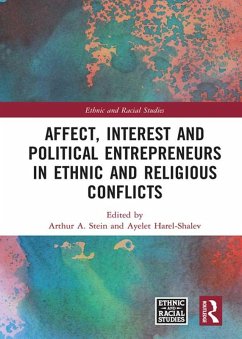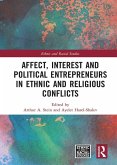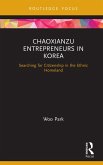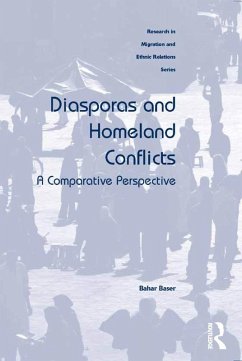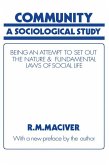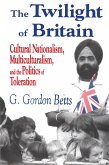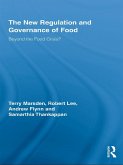In the current environment, most political violence occurs between internal communities, such as ethnic and religious groups, rather than between states. Such inter-communal conflict threatens both internal political stability and interstate relations. In this edited volume, a multidisciplinary and multinational group of scholars analyze the bases of inter-communal conflict and its domestic and international consequences.
The authors focus on inter-communal conflict through the lenses of political struggles in the Middle East and Asia, which provide fertile grounds for assessing the viability of new social constructions and the continuing impact of ancestral ties. Containing theoretical, regional, and country studies, the chapters tackle such issues as: the implications of changes in the institutional rules for political competition; how explanatory narratives for conflict are selected when multiple attributions are possible; the bases of ideological conflict that have arisen within Islam; the problems of ethnic competition that remain unresolved in powersharing arrangements; the consequences for international relations when national boundaries do not circumscribe ethnic and religious communities; and the subordination of women's interests to religious conflict and its resolution. Since identities are shaped by multiple qualities, the contributions examine the role of ideologies, institutions, and politicians in shaping political cleavages, communities, and conflicts. This book was originally published as a special issue of Ethnic and Racial Studies.
The authors focus on inter-communal conflict through the lenses of political struggles in the Middle East and Asia, which provide fertile grounds for assessing the viability of new social constructions and the continuing impact of ancestral ties. Containing theoretical, regional, and country studies, the chapters tackle such issues as: the implications of changes in the institutional rules for political competition; how explanatory narratives for conflict are selected when multiple attributions are possible; the bases of ideological conflict that have arisen within Islam; the problems of ethnic competition that remain unresolved in powersharing arrangements; the consequences for international relations when national boundaries do not circumscribe ethnic and religious communities; and the subordination of women's interests to religious conflict and its resolution. Since identities are shaped by multiple qualities, the contributions examine the role of ideologies, institutions, and politicians in shaping political cleavages, communities, and conflicts. This book was originally published as a special issue of Ethnic and Racial Studies.
Dieser Download kann aus rechtlichen Gründen nur mit Rechnungsadresse in A, B, BG, CY, CZ, D, DK, EW, E, FIN, F, GR, HR, H, IRL, I, LT, L, LR, M, NL, PL, P, R, S, SLO, SK ausgeliefert werden.

